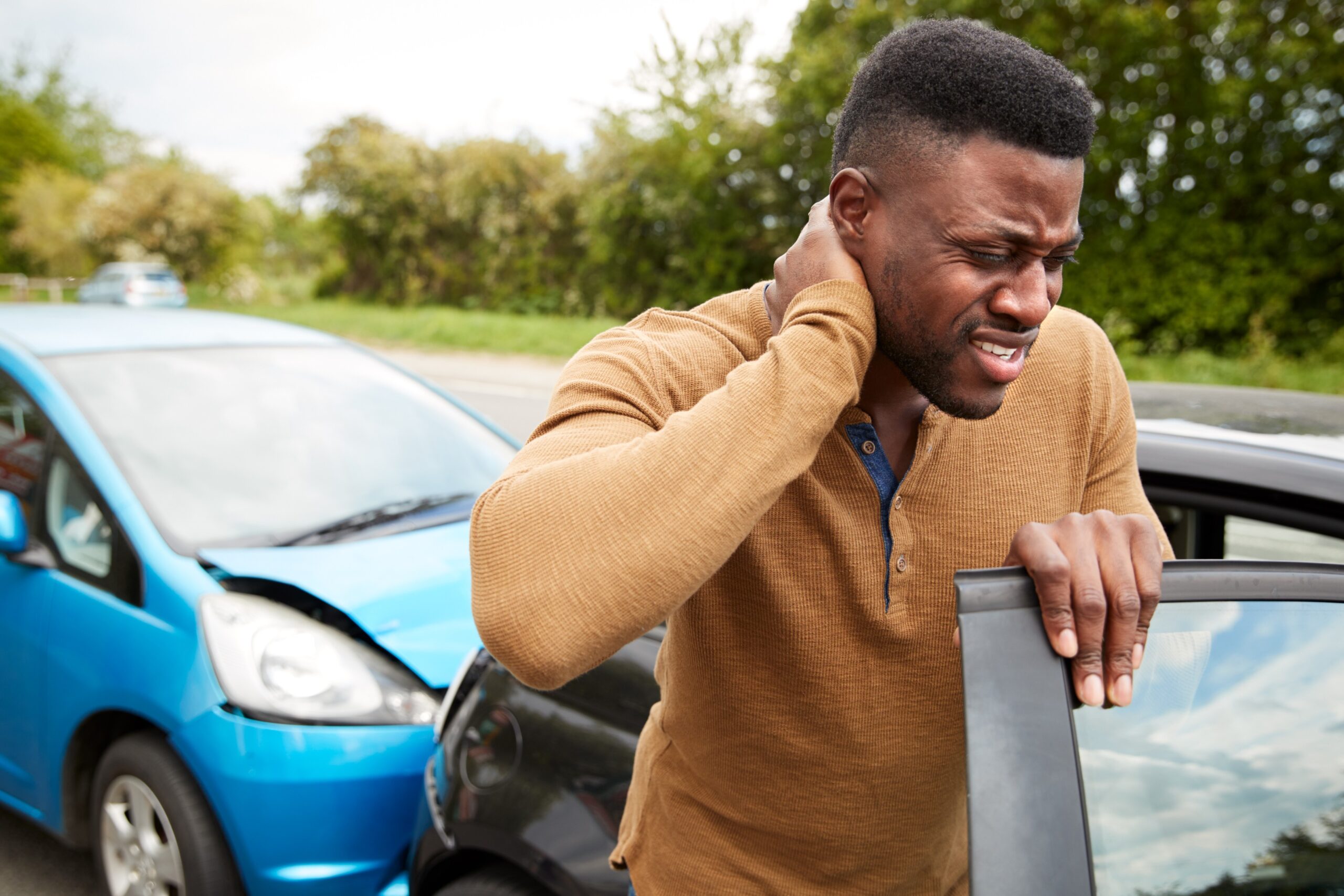Car accidents happen every day despite our best efforts to avoid them. When we think…
5 Post-Car Accident Aches and Pains You Shouldn’t Ignore – Guest Post

Being involved in a car accident can be a traumatic experience, both physically and mentally. Even if you feel fine immediately after the accident, you may start to experience aches and pains in the following days or weeks.
While some discomfort is normal, it’s essential not to ignore any persistent pain and seek medical attention. In this blog post, we will discuss why aches and pains after a car accident should not be ignored and what you can do to address them.
Neck Pain
Whiplash is a common injury sustained in car accidents, but symptoms may not appear for a few days. If you’re experiencing pain and stiffness in your neck, you may have whiplash. This occurs when the neck is jerked forward and back suddenly, causing damage to the muscles and ligaments in the neck. Symptoms can include neck pain, stiffness, headaches, and numbness in the arms.
If you are experiencing neck pain after a car accident, it is important to seek medical attention. You may be prescribed a cervical collar or instructed to use cold or hot compresses to reduce swelling and inflammation. Your doctor may also suggest physical therapy or massage to help provide relief from the pain. Additionally, good posture can help support your neck muscles and prevent further injury.
Back Pain
Back pain is another common symptom of car accidents. It can be caused by muscle sprains, strains, or damage to the vertebrae. If you’re experiencing back pain after a car accident, it’s important to see a doctor. They may refer you to a specialist such as a physical therapist or chiropractor. It’s important to address back pain early to prevent chronic pain or injury.
Taking steps to care for back pain is important after a car accident. While it’s important to follow the advice of your doctor or physical therapist, taking some proactive measures can help reduce discomfort and promote healing.
Ice packs, heat therapy, over-the-counter medications such as ibuprofen, stretching and exercise can all help relieve back pain. Taking breaks throughout the day and avoiding activities that cause extra strain may help reduce discomfort. Additionally, a support belt or back brace can be worn to help maintain proper posture. If your pain persists despite at-home treatments, it’s important to follow up with a doctor.
Abdominal Pain
Abdominal pain can be a sign of internal injuries sustained during a car accident. If you’re experiencing pain or discomfort in your abdomen, it’s important to seek medical attention immediately. Internal injuries can be life-threatening if left untreated. Symptoms can include abdominal pain, swelling, and tenderness.
If you’re experiencing abdominal pain after a car accident, it’s important to take it easy. Avoid strenuous activities that could make the pain worse and drink plenty of fluids. Take ibuprofen or other over-the-counter pain relievers as directed by your doctor to help reduce discomfort.
When possible, get plenty of rest and avoid lifting objects or bending over. If you experience severe abdominal pain, difficulty breathing, or other symptoms that are concerning, it’s important to seek medical attention right away. It could be a sign of internal injuries sustained during the accident.
Headaches
Headaches can be a symptom of a concussion sustained during a car accident. If you’re experiencing headaches after a car accident, it’s important to see a doctor. They may refer you to a specialist such as a neurologist. It’s important to address concussions early to prevent further damage to the brain.
Headaches that occur after a car accident can be difficult to distinguish from other types of headaches. It is important to pay attention to the timing and severity of the headache, as well as any accompanying symptoms such as dizziness, difficulty concentrating, blurred vision, and sensitivity to light and sound. If you experience any of these symptoms within days or weeks of an accident, seek medical attention. A doctor will be able to diagnose and treat a car accident-related headache, helping you manage your pain and heal from the injury.
Emotional Pain
Don’t forget about the emotional toll of a car accident. It’s common to experience shock, anxiety, and depression after a traumatic event. If you’re feeling overwhelmed or struggling to cope after a car accident, it’s important to seek help. Talk to a therapist, psychiatrist, or counselor to help you process your emotions and develop coping strategies.
After a car accident, it can be difficult to understand the range of emotions you may be feeling. It’s important to take the time to process your feelings so that you can move forward with resolution and healing. Taking care of yourself during this time is essential. Self-care activities such as mindfulness, meditation, and exercise can help you relax and reduce your anxiety. It’s also important to reach out for support from friends, family members, or a mental health professional. Remember that it’s okay to take time to understand and cope with the emotions after an accident, as this is key in helping you heal.
Getting the Help You Need
If you’re experiencing any aches or pains, it’s important to seek help via car accident injury treatment. It’s not always easy to recognize when your injuries are serious, so you should consult with a doctor if you have any persistent pain or discomfort. They will be able to diagnose and treat your injuries appropriately.
Additionally, if you experience emotional distress, seek help from a mental health professional. They will be able to provide the support and guidance you need to cope with your emotions. Taking care of yourself is essential, so don’t ignore any pain or discomfort after a car accident.
By seeking help, you can ensure that your injuries are treated properly and that you have the emotional resources to heal from the traumatic experience. No matter the severity, if you are in a car accident, don’t wait to get the help you need.
If you’re experiencing aches and pains after a car accident, it’s important to pay attention to your body. Don’t ignore your symptoms or dismiss them as minor. Seek medical attention if you’re experiencing any of the symptoms above. Early intervention can prevent chronic pain and injury. It’s also important to take care of your emotional well-being after a car accident. Remember to be kind to yourself and seek help if you’re struggling to cope.

